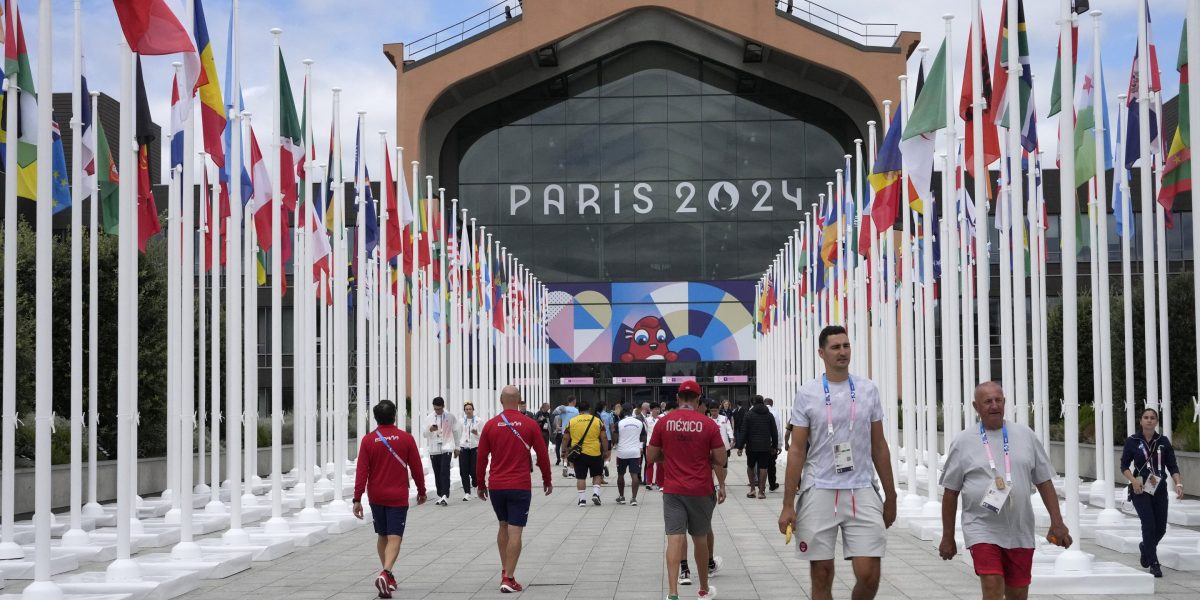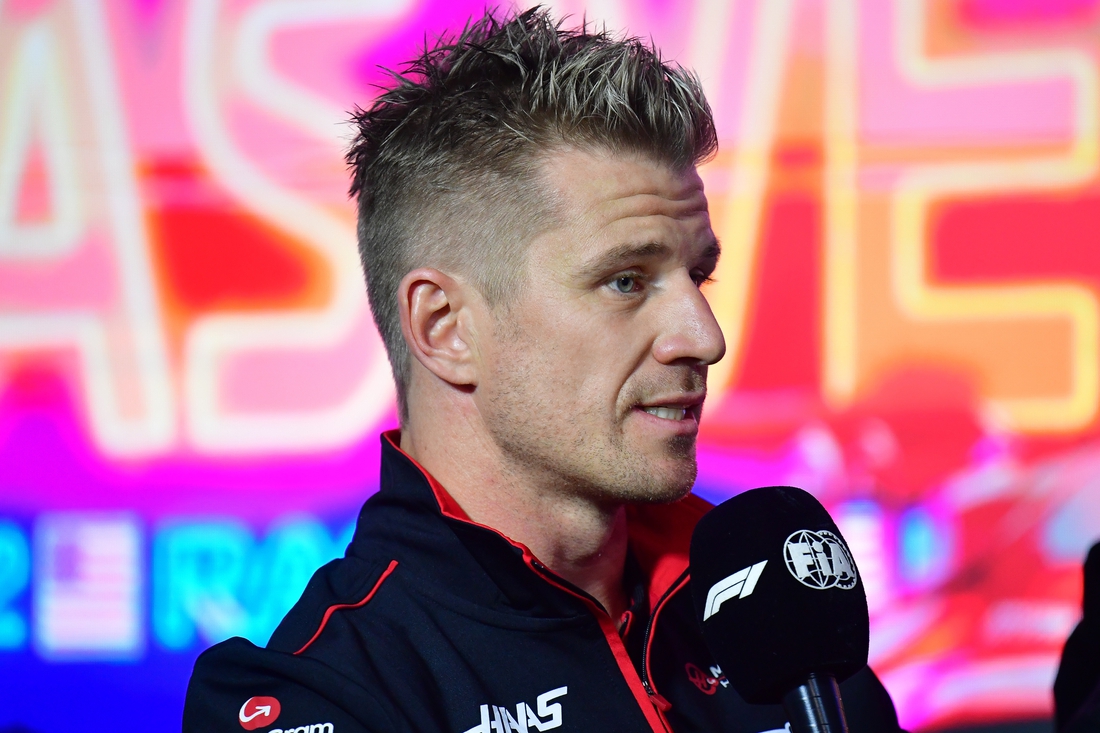
LGBTQ+ dating app Grindr is limiting some of its features at the Paris Olympics to help protect the safety of closeted athletes.
Along with the cardboard beds and bountiful food options, social media users at the Olympics were also quick to notice that Grindr had disabled some features for users in the Olympic village. On Wednesday, the company confirmed the limits.
Grindr, which bills itself as on a mission to put a “global gayborhood” in your pocket, said in a Wednesday blog post that it would disable location-based features like “Explore” and “Roam.” Those functions help users match up with people in specific areas, but will not be available for people in the Olympic village and athletic facilities. The “show distance” feature, which shows how far away a certain user is, will also be turned off by default, although it can be toggled on.
The company enabled the same limits for the 2022 Winter Olympics in Beijing and said Wednesday that it was reinstating the changes for this year’s competition, which officially begins on Friday, so that athletes aren’t accidentally outed.
“If an athlete is not out or comes from a country where being LGBTQ+ is dangerous or illegal, using Grindr can put them at risk of being outed by curious individuals who may try to identify and expose them on the app,” the company wrote in the blog post.
In addition to limiting location-based components, the app will give users in the Olympic village free access to premium features that let them send unlimited disappearing messages and unsend direct messages at any time. Private videos will also be disabled and users won’t be able to screenshot profiles or media in private chats, according to the blog post.
Instead of the usual ads on the app, Grindr will use the space to promote its health and safety resources. The company said it will send users resources on a weekly basis and remind them that they could face danger while using the app in the Olympic village.
Grindr’s downloads in France have been mostly constant since mid-July, but spiked by 25% week-over-week on Wednesday, as most athletes arrived in Paris for the competition, according to market intelligence firm Sensor Tower. Other dating apps like Tinder and Hinge also saw week-over-week downloads increase in France by 10% and 7%, respectively, on July 20, Sensor Tower found.
There are at least 144 LGBTQ+ athletes competing at the Paris Olympics and at least 29 representing the U.S. in sports like track and field, basketball, and rugby, according to the Human Rights Campaign.
The safety of LGBTQ+ athletes took on renewed importance after a straight reporter from the Daily Beast was heavily criticized for publishing an article where he used Grindr for meetups with gay athletes during the 2016 Olympics in Rio de Janeiro. The article was later removed.
For its part, Grindr has faced controversy in the past for sharing users’ sexual orientation and location with advertisers.
When reached for comment, Grindr directed Fortune to its publicly available blog post on the feature changes. The company did not immediately respond to questions about how it will limit features in specific areas such as the Olympic village.
Fabrice Houdart, a professor at Georgetown University and the executive director of the Association of LGBTQ+ Corporate Directors, told Fortune that the steps Grindr took to protect athletes are critical because an athlete’s sexual orientation could in some cases be used to threaten or discredit them. He noted that Grindr has also been used in France by people looking to assault gay men, as the French newspaper Le Monde reported in May.
Because of widespread discrimination, which can be worse depending on the country, Houdart said companies like Grindr are right to step up their proactive safety measures.
“Whether they’re Olympic athletes or just random people that might be robbed or attacked because they’ve been using the app, it’s clearly their responsibility,” Houdart said. “It’s kind of encouraging that they take action, because that means that they are realizing that they have responsibilities.”
CEO Daily provides key context for the news leaders need to know from across the world of business. Every weekday morning, more than 125,000 readers trust CEO Daily for insights about–and from inside–the C-suite. Subscribe Now.














